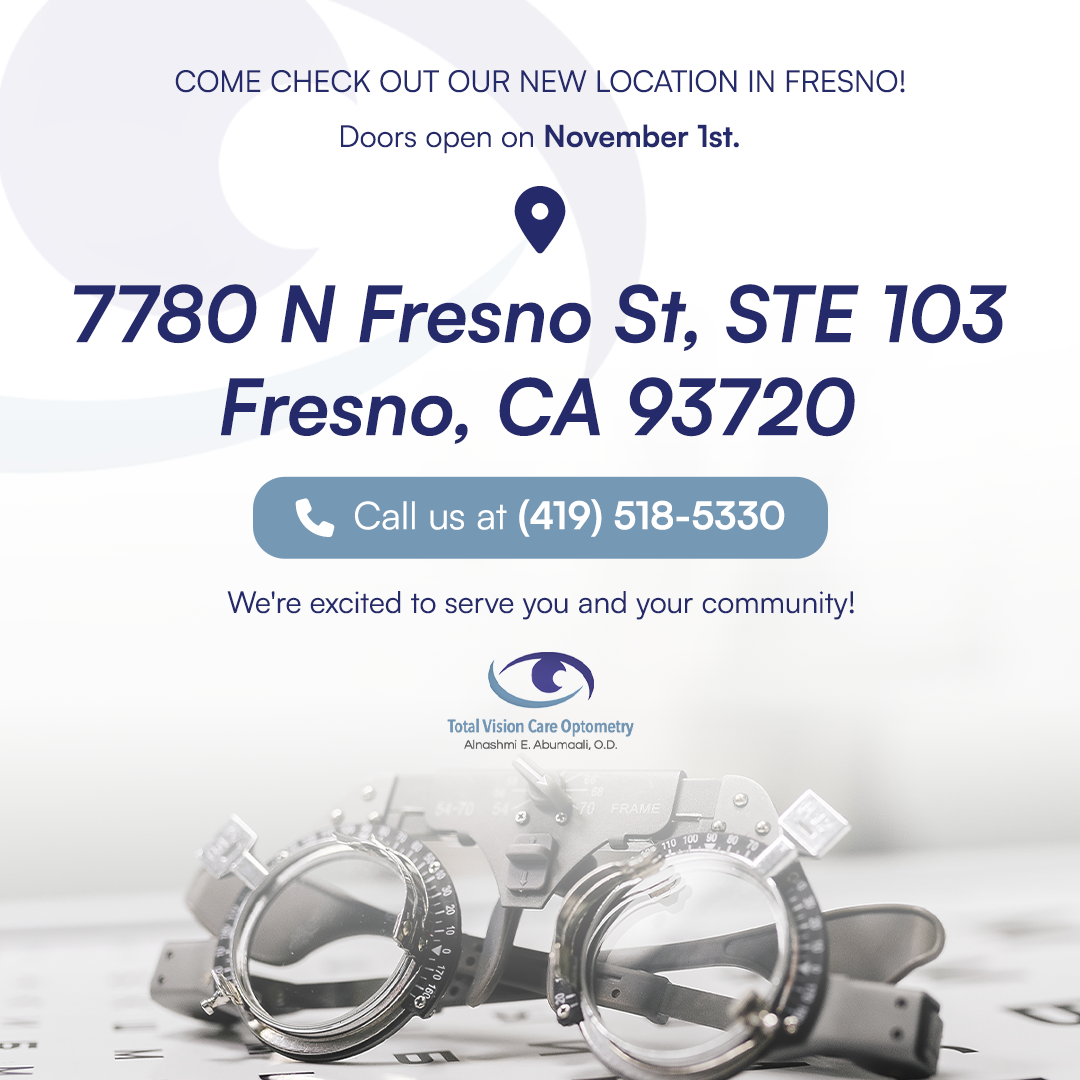
Vision correction is not a one-size-fits-all solution. Each individual's eyes and vision needs are unique, and finding the right corrective solution can be a journey. Traditional eyeglasses and standard contact lenses are the go-to options for many, but they may not be suitable for everyone.
Factors such as the shape and curvature of your eyes, the presence of certain eye conditions, or the need for specialized vision enhancement can all play a role in determining the most appropriate vision correction solution.
What are Specialty Contact Lenses?
Specialty contact lenses are a category of advanced, customized contact lenses designed to address a wide range of vision needs and eye conditions. Unlike standard contact lenses, which are primarily focused on correcting basic refractive errors like nearsightedness, farsightedness, and astigmatism, specialty contact lenses are engineered to tackle more complex vision challenges.
These specialized lenses come in various types, including:
Rigid Gas Permeable (RGP) Lenses: Designed to provide sharper, clearer vision, RGP lenses are made of a rigid, durable material that allows oxygen to pass through, keeping the eyes healthy.
Scleral Lenses: These large-diameter lenses rest on the white part of the eye (the sclera), creating a fluid-filled space between the lens and the cornea, which can be beneficial for individuals with irregular corneas or certain eye conditions.
Hybrid Lenses: Combining the benefits of both soft and rigid materials, hybrid lenses offer the comfort of soft lenses with the visual clarity and durability of rigid lenses.
Who Can Benefit from Specialty Contact Lenses?
Specialty contact lenses are not just for those with complex vision needs; they can benefit a wide range of individuals. Here are some of the people who may find specialty contact lenses particularly helpful:
Individuals with Irregular Corneas: People with conditions like keratoconus, pellucid marginal degeneration, or post-refractive surgery corneal irregularities may benefit from specialty lenses that can provide clear, comfortable vision.
Patients with Dry Eye Syndrome: Specialty contact lenses, such as scleral lenses, can help alleviate the symptoms of dry eye by creating a fluid-filled space between the lens and the cornea, keeping the eyes hydrated and comfortable.
Those with High Refractive Errors: Individuals with high degrees of nearsightedness, farsightedness, or astigmatism may find that specialty lenses, like rigid gas permeable (RGP) or hybrid lenses, provide superior visual acuity compared to standard contact lenses or eyeglasses.
Athletes and Active Individuals: Specialty contact lenses, such as those designed for sports or outdoor activities, can provide a secure and comfortable fit, as well as enhanced visual performance during physical activities.
Individuals with Certain Eye Conditions: Specialty lenses may be beneficial for people with conditions like aphakia (absence of the natural lens), keratoconus, or certain corneal dystrophies, where standard contact lenses may not be suitable.
Getting Fitted for Specialty Contact Lenses
Proper fitting and customization are crucial when it comes to specialty contact lenses. These lenses are designed to address specific vision needs and eye conditions, and a one-size-fits-all approach simply won't work.
Your optometrist will conduct a comprehensive eye examination and use specialized tools and techniques to determine the most suitable specialty contact lens for your individual needs. This process may involve:
Measuring the curvature and shape of your eyes
Evaluating the overall health and condition of your eyes
Assessing your visual acuity and any refractive errors
Considering your lifestyle and visual requirements
Based on this assessment, your doctor will prescribe the appropriate specialty contact lens and guide you through the fitting process. This ensures that the lenses not only provide the desired vision correction but also offer maximum comfort and safety.
Regularly scheduled follow-up appointments are also essential to monitor the fit and performance of your specialty contact lenses, as well as to make any necessary adjustments or changes over time.
Are Specialty Contact Lenses Right for You?
Specialty contact lenses are a game-changer in the world of vision correction, offering tailored solutions for individuals with unique vision needs and eye conditions. Whether you're dealing with irregular corneas, dry eyes, or high refractive errors, specialty contact lenses can help you achieve clearer, more comfortable vision and enhance your overall quality of life.
If you're interested in exploring specialty contact lens options, schedule an appointment with Total Vision Care Optometry. Dr. Abumaali will conduct a comprehensive evaluation and determine the most suitable specialty contact lens solution for your unique vision needs. Visit our office in Chowchilla, California, or call (559) 665-3797 to book an appointment today.








